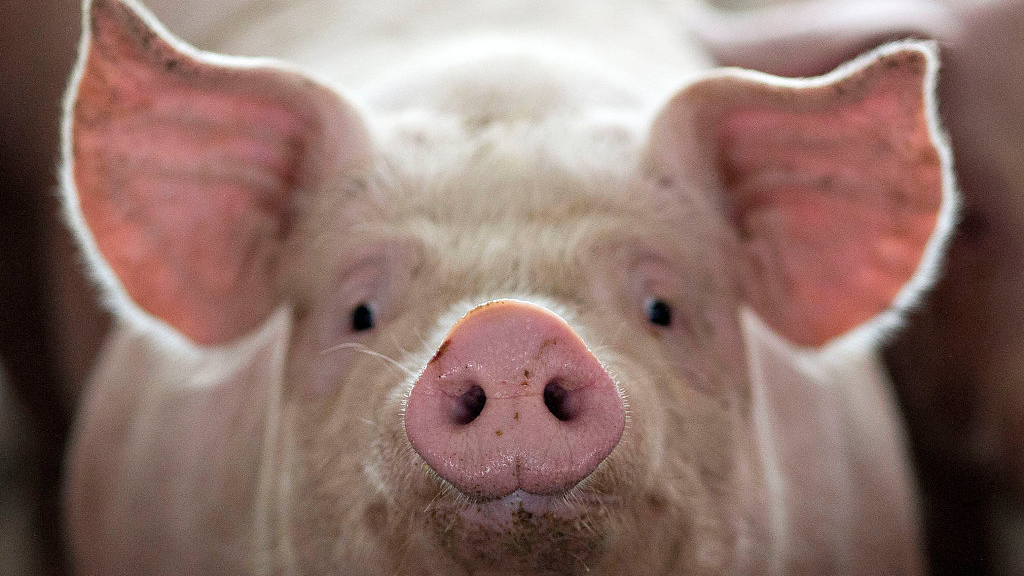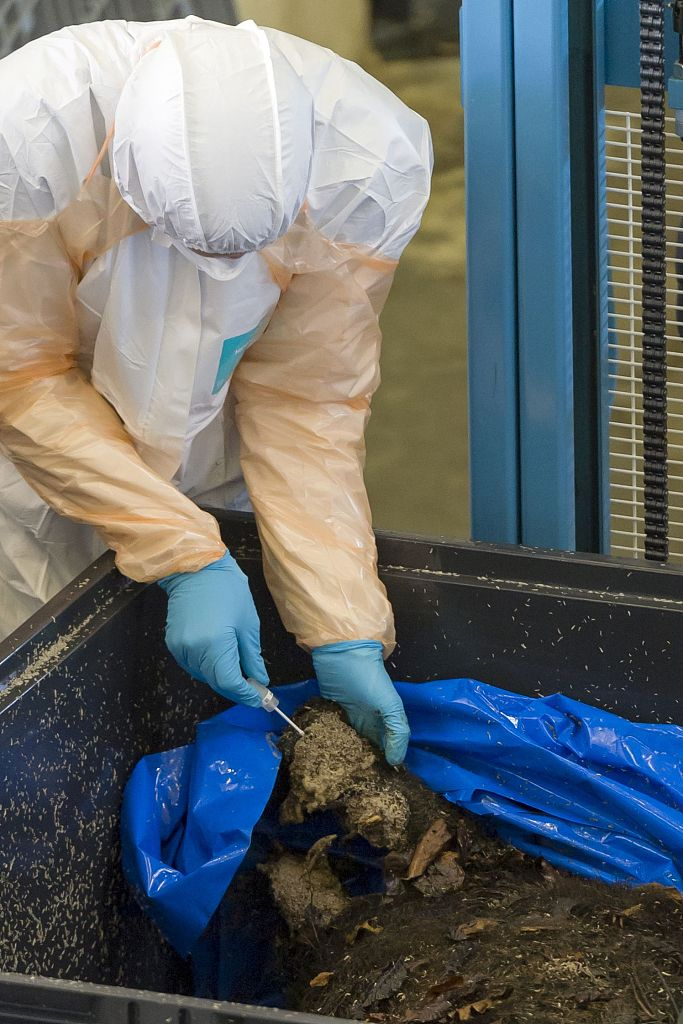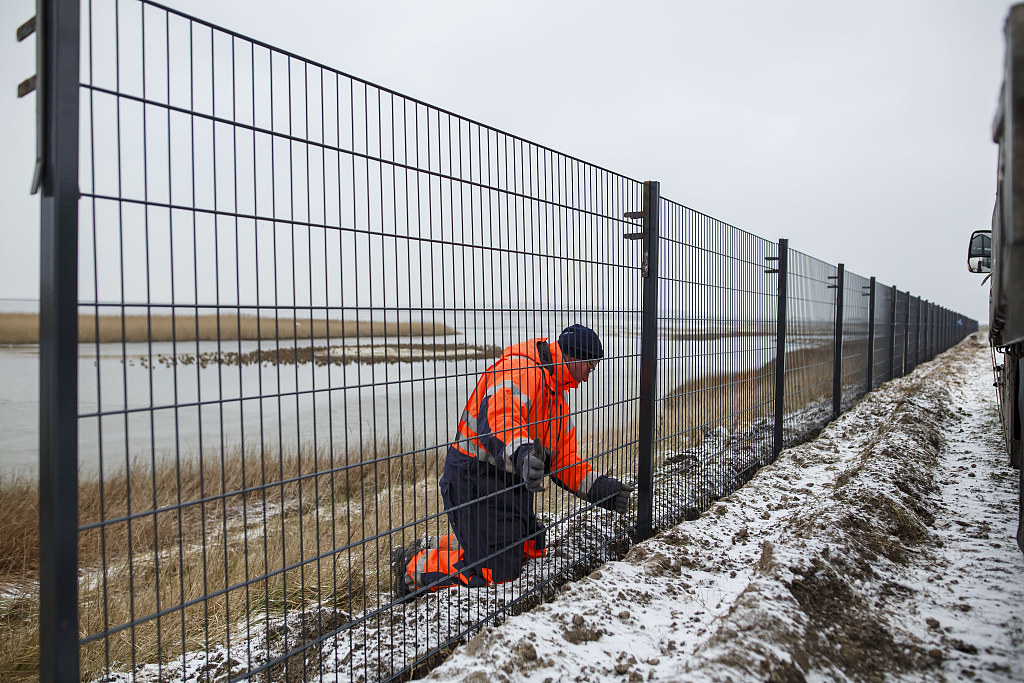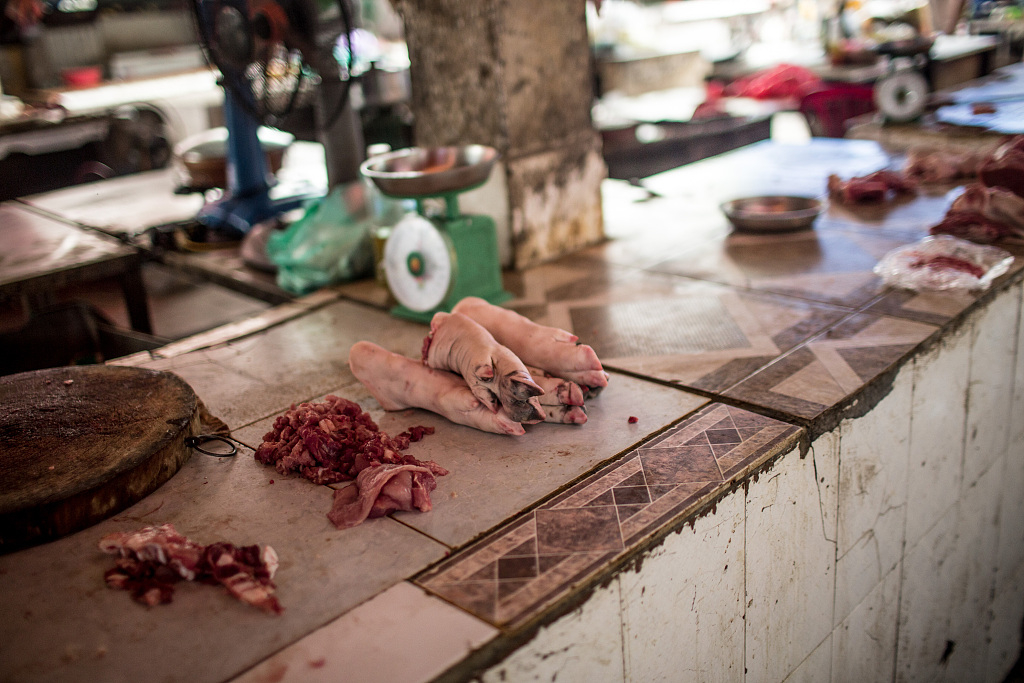

The African swine fever (ASF) virus, which has infected countries from Laos to Lithuania over the past year, has led to mass culls of domestic pigs, pushed up pork prices and caused makers of alternative meat to wag their tails in happiness. Now, the disease is sowing diplomatic rows.
Infected wild boars, contaminated meat and insects are some of the established causes for the spread of the contagion, which kills hogs but not humans. However, the Bulgarian prime minister has other culprits in mind: Tourists. Romanian tourists, to be more specific.
"There are 57,000 cars crossing from Romania each day into Bulgaria. I'm sure the Romanian tourists brought the disease," PM Boyko Borissov said last Friday when meeting with mayors from the southern Pazardikh district, Euronews has reported.
"They (Romanian tourists) eat on the side of the road, throw the food remains that help spread the swine disease. They are walking around, eating and throwing the remains all over the place. There's nothing we can do," Borissov told local chiefs who opposed an official ultimatum for voluntary culling of pigs.

A researcher carries out an autopsy on a wild boar to determine by analysis whether a wild boar was infected with the African swine fever virus in Virton, Belgium, October 19, 2018. /VCG Photo
ASF emerged in Bulgaria last month, with over 26 outbreaks reported so far at industrial and mom-and-pop farms. A good number of the infected sites are located near the border with Romania, feeding into Sofia's suspicions that its woes fall on its Balkan neighbor.
The government has been scrambling to curb the contagion amid fears that the emerging disease could decimate its 343.6 million-U.S.-dollar pig farming industry. It has set up quarantine zones around farms, banned hunting in infected areas and slaughtered up to 130,000 pigs.
The remarks of the Bulgarian official did not sit well with the Romanian side. The country's foreign ministry took to Twitter over the weekend to express its "disappointment" with Borissov.
"He should be reminded that Romanian tourists in Bulgaria contribute significantly to this with GDP," the tweet read. Romania was Bulgaria's top source of foreign arrivals in 2018, with 1.3 million visits, according to Bulgaria's National Statistical Institute.

A worker installs a portion of a fence along the Danish border to Germany that is meant to stop wild boars from entering Denmark near Tonder, Denmark, January 31, 2019. /VCG Photo
Bulgaria has been looking with a wary eye at its disease-ravaged northern neighbor with which it shares a 631-kilometer border. Last year, Romania detected ASF infections and slaughtered over 200,000 pigs. But measures to weed out the outbreak failed as the flare-up has shown no sign of abating this year.
Bucharest documented 299 cases by July 25 – the most in any European country – bringing the total number of cases since the beginning of 2019 to 479, according to a tally by the UK Animal and Plant Health Agency.
Bulgaria says it has done everything it can to keep the disease at bay.
In 2018, it erected a wire fence along its northern border to keep wild hogs from crossing over – although the structure reportedly didn't stop infected boars from swimming across the Danube and into Bulgaria. The Bulgarian government also earmarked 2.1 million U.S. dollars to fight ASF this year, ramped up supervision on checkpoints and even handed out information leaflets to arrivals to the country.

Pig trotters and offal are displayed for sale at a market in Hanoi, Vietnam, May 27, 2019. /VCG Photo
Another possible cause of contamination in Bulgaria is ASF-tainted vehicles, at least in the first two instances in small holdings, the UK agency posited in an assessment of the ASF situation in Eastern Europe. However the jury is still out on whether the same is true for bigger commercial farms which "would have higher biosecurity protocols."
Bulgaria and Romania are not isolated cases. The infection has swept through 10 Central and Eastern European countries in recent months, infecting domestic and wild swine populations. Slovakia was the latest victim of the virus after discovering sick pigs on a backyard farm late last month. ASF has yet to reach big players in the EU's pig production industry like Germany and Spain.
halfway across the world, the epidemic is also ravaging farms across Asia. China, the world's biggest pork producer and consumer, has culled some 1.16 million pigs since the outbreak surfaced in August last year, according to the Food and Agriculture Organization (FAO), and Dutch bank Rabobank estimates that the pig herd in the country could shrink by 50 percent by the end of 2019 from a year earlier.

Copyright © 2018 CGTN. Beijing ICP prepared NO.16065310-3
Copyright © 2018 CGTN. Beijing ICP prepared NO.16065310-3